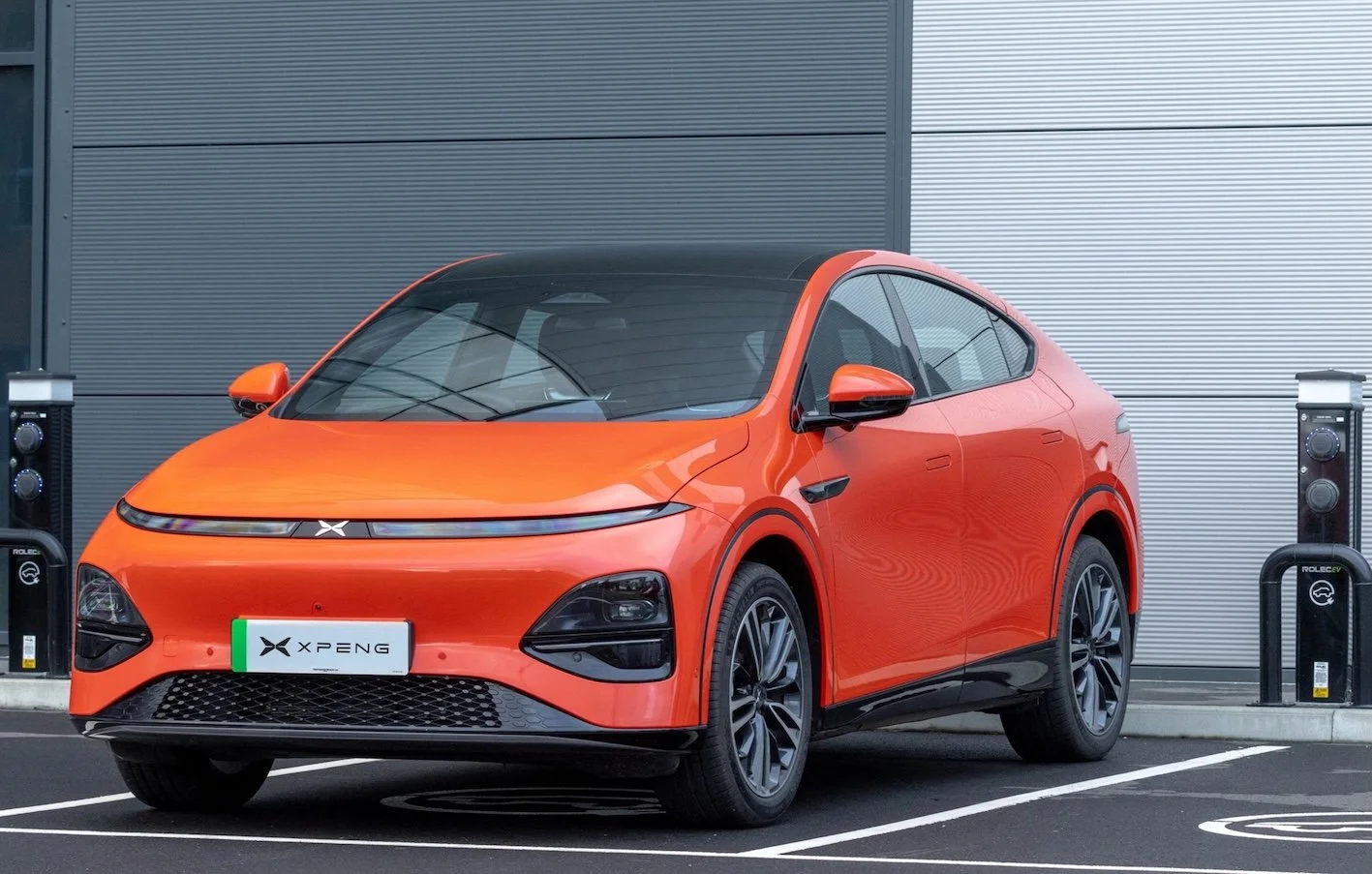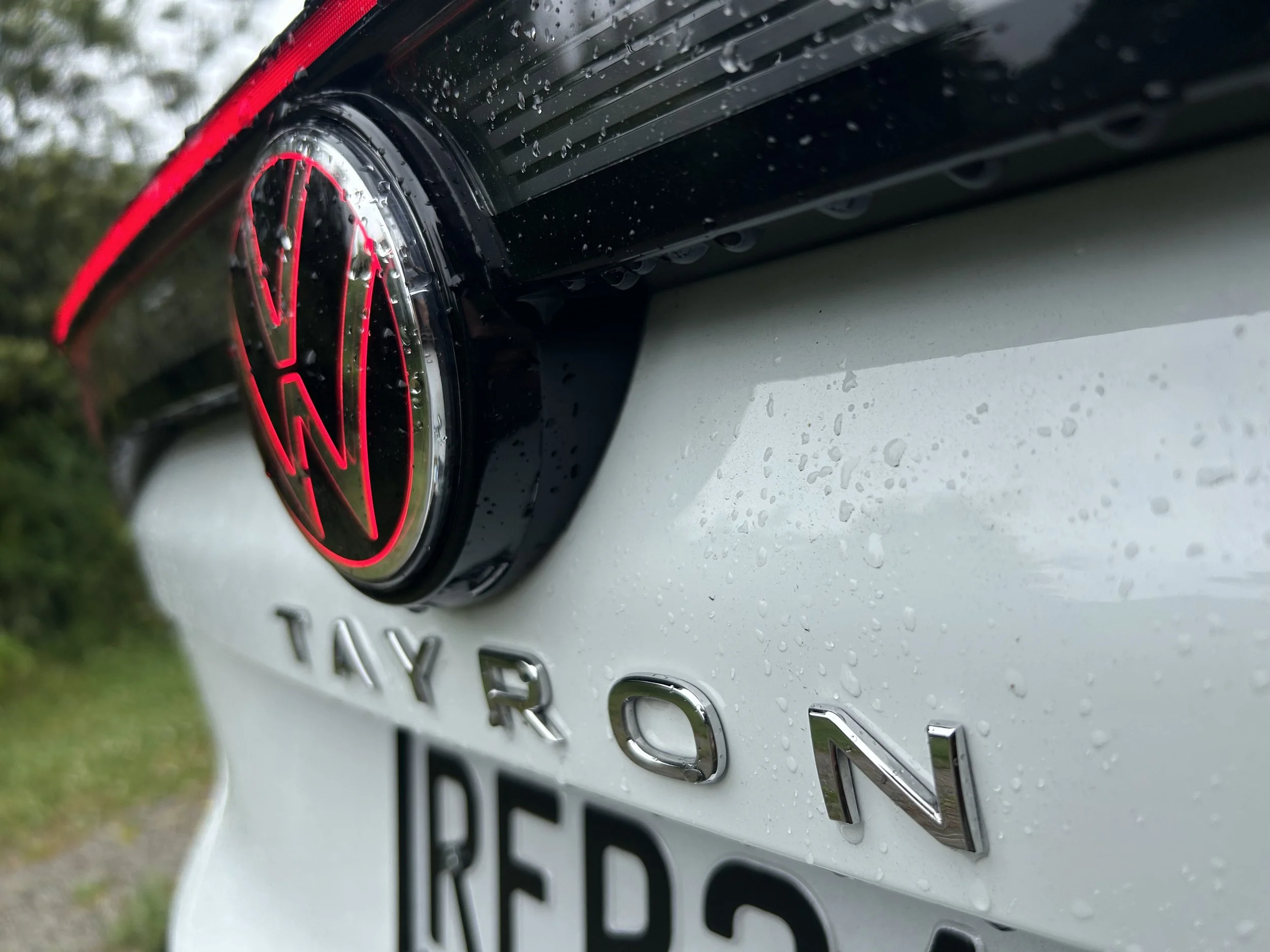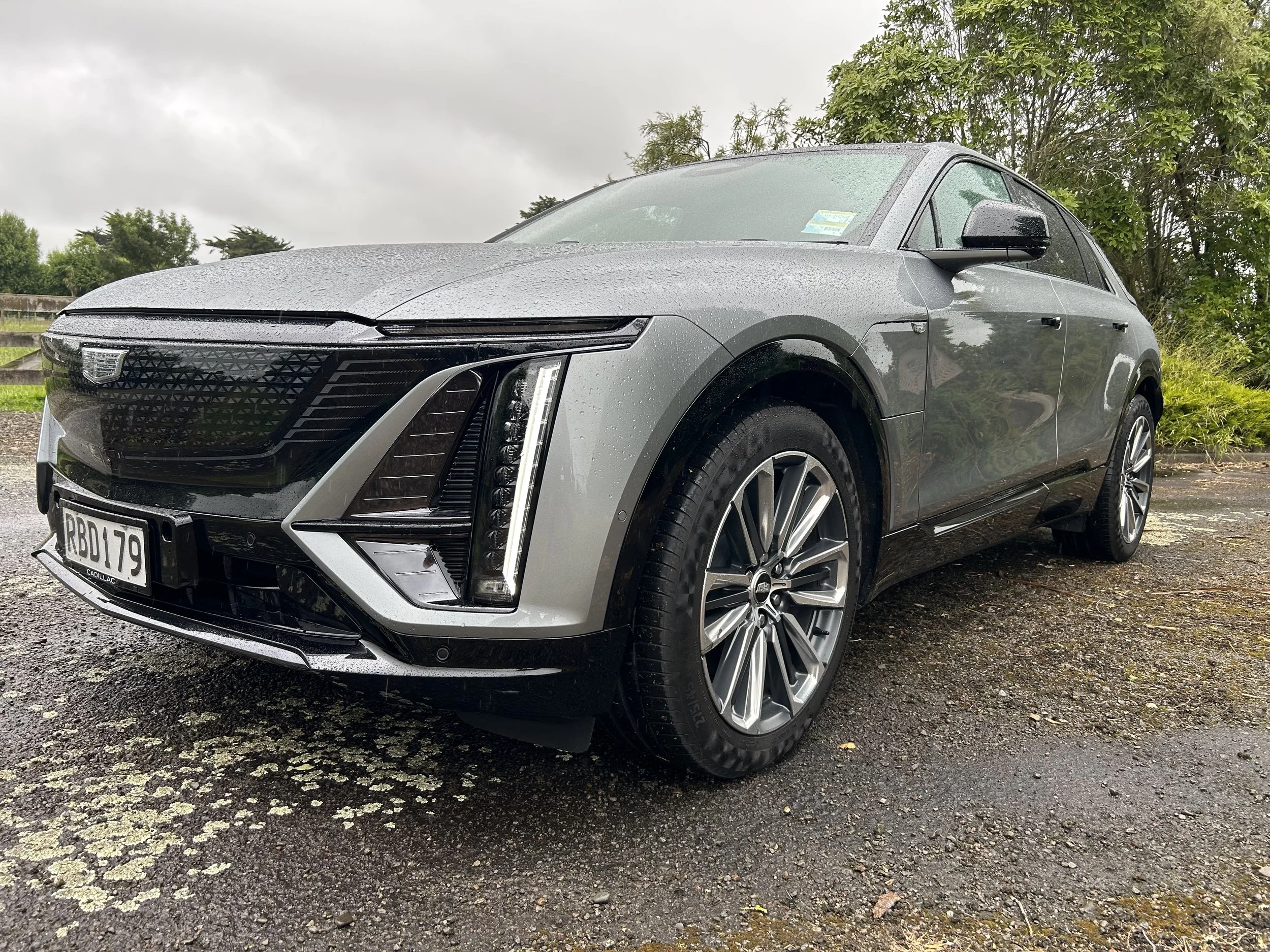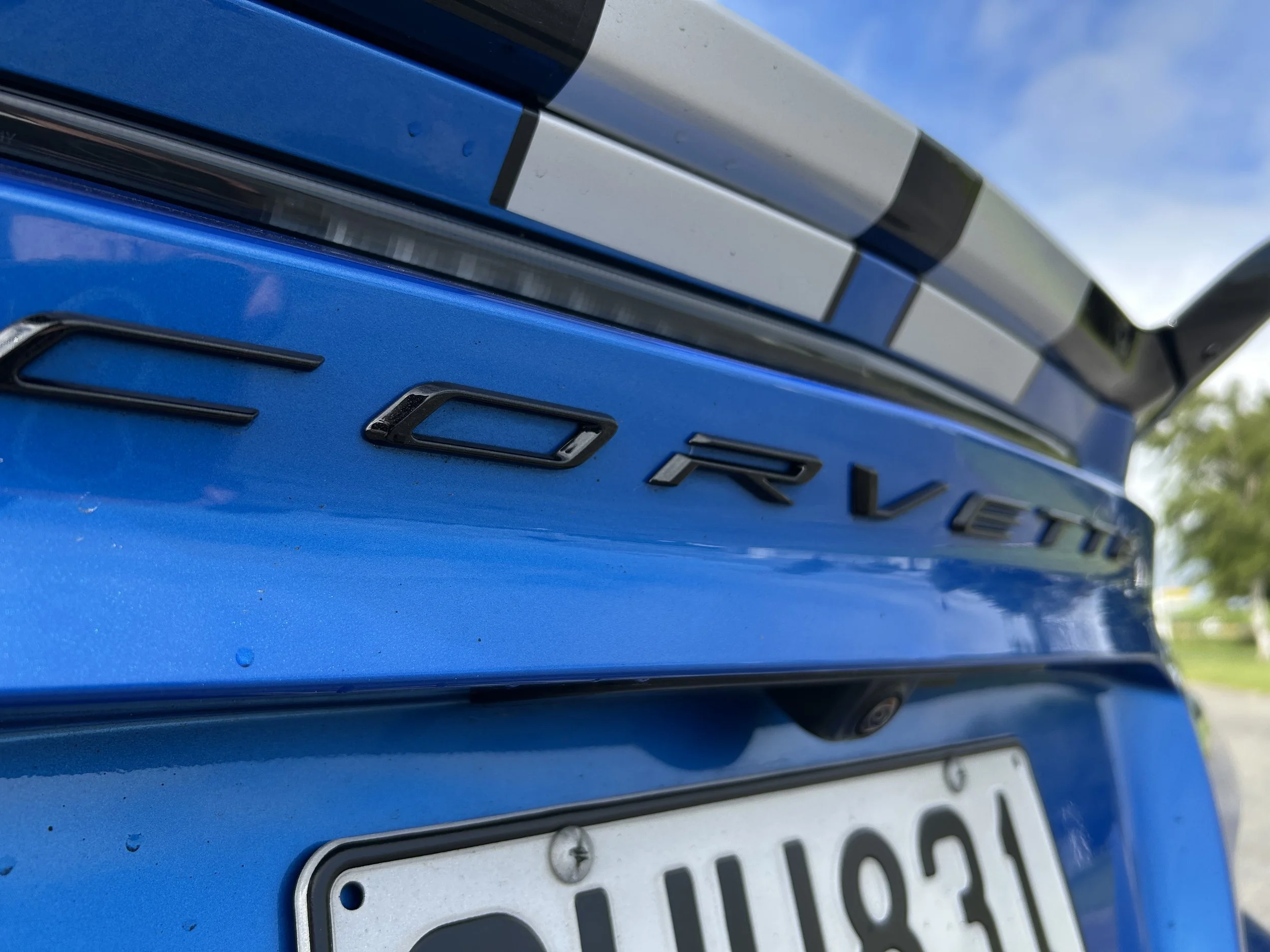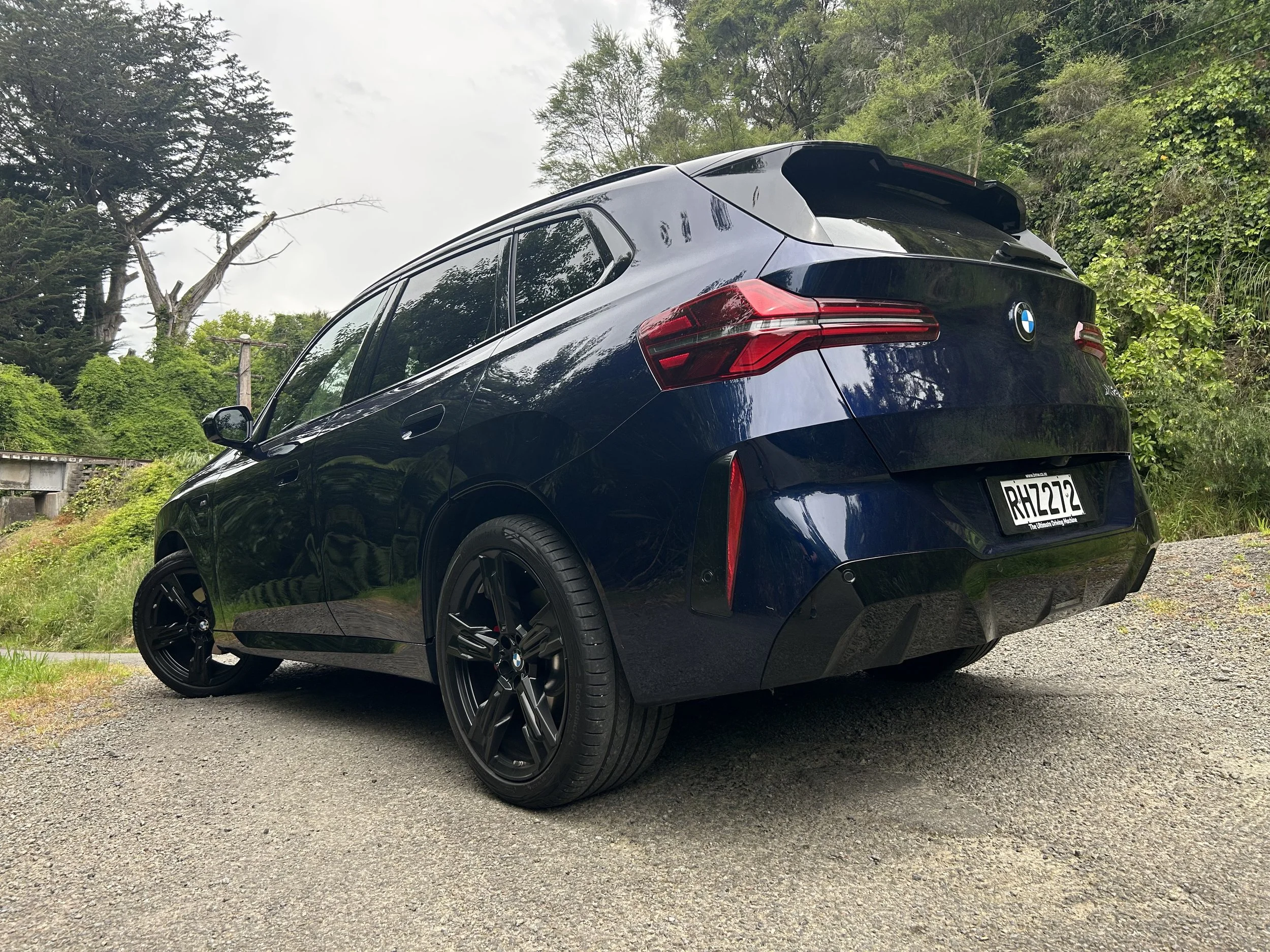All-electric i3 crosses wires with Zoe
/The second full electric car to plug into the NZ scene is pricing within a few hundred dollars of its sole competitor.
LET the power games begin – BMW’s New Zealand’s determination to make the wholly battery-powered version of the i3 $11000 cheaper than the existing petrol also leaves the newcomer in direct competition with the only other pure electric car on the market.
While the i3 BEV – for battery electric vehicle – was always going to be cheaper than the i3 REX that has a petrol engine running as a power generator, it is a surprise twist that at $74,300 the new model arriving later in the year will also pitch against the Renault Zoe that has just landed with a $74,990 sticker.
Both are small hatchbacks with four-seater capability and similar range and performance attributes, though the i3 arguably has the advantage of being a newer car with a more modern construction – being largely fabricated from an advanced carbon reinforced plastic whereas the Zoe is more conventional with a steel body.
It is also faster in the 0-100kmh sprint and overall, has a better cited battery range and might also have a slight edge on recharging time, according to stats provided by both brands.
Both utilise lithium ion batteries, but German car benefits from a technology upgrade just announced in Germany and yet to reach the Renault. BMW’s advantage comes from it having just ousted a 60 ampere hour (Ah) battery set that has served the i3 for the past couple of years for a 94Ah set. The new battery – which also slots into the updated REX with commensurate range benefit - is no larger than the 60Ah.
The BMW battery pack is rated at 33kWh (29kWh useable), up from 22kWh – that status of the Renault pack. Both cars can be replenished via a regular household AC socket and supplied cable, but achieve faster recharging through the public charging infrastructure.
Renault NZ cites the Zoe having a range of around 250km from its 22kWh set but there’s potential that, if driven mainly at 100kmh in less than perfect conditions this might drop back to around 150km.
BMW claims the latest i3 BEV can go up to 300kms between recharges but, again, agrees that is in optimum condition. ‘Real-world’ range, it says – which it cites as being when driving in inclement weather with the audio and air-conditioning systems running - offers around 200km from a single electric charge. That’s slightly more, though, than the absolute optimum offered by the pre-updated BEV. The REX can clock up to 450km.
The ultimate range is something of a semantic, nonetheless, as both brand suggest the average buyers of their cars might only expect to drive 20-40km per day; something that both can comfortably achieve.
The range expectation might be different for Renault’s all-electric van, the Kangoo ZE, which is also a $75,000 ask here.
Conceivably, the pricing position might also give a clear indication to Hyundai about where it will ultimately need to position the pure electric edition of its Ioniq hatch. That derivative is set to arrive in 2017, ahead of the plug-in hybrid model. New Zealand’s first sight of the Ioniq will be provided by the pure hybrid edition, competing directly against the Toyota Prius, is here later this year.
BMW New Zealand managing director Florian Renndorfer has yet to express volume expectations for the i3 BEV, but is clearly confident of it building upon the impact made by the i3 REX, which has achieved around 55 sales in the 18 months it has been here.
“BMW is leading the market with an unmatched range of plug-in hybrid and electric vehicles, and the addition of the pure electric i3 model further demonstrates our commitment to sustainability,” he said today.
BMW claims the i3 BEV will clock 0-100kmh sprint in 7.3 seconds, or 8.1 seconds in the Range Extender variant; both being much quicker than the Zoe. Electricity consumption of 12.6kWh/100km (NEDC), makes the i3 the most efficient electric vehicle in its segment, BMW says.
In terms of recharging, BMW has also advanced. For the first time in New Zealand, future-proof DC charging capability is also included as standard equipment on i3. This system is capable of providing charge to 80 percent capacity in around 40 minutes.
The charging connection on both BMW i3 variants are of the Type 1 (SAE J1772) standard, and DC charging is achieved through the same connector port utilising the Combined Charging System (CCS) standard. Renault, by comparison, has gone for a Type 2 plug.
Remote Services is also included as standard equipment with the i3. This allows charging activation and the viewing of charge status, interior preconditioning to heat or cool the vehicle, and a number of selected functions to all be controlled remotely via Smartphone.





